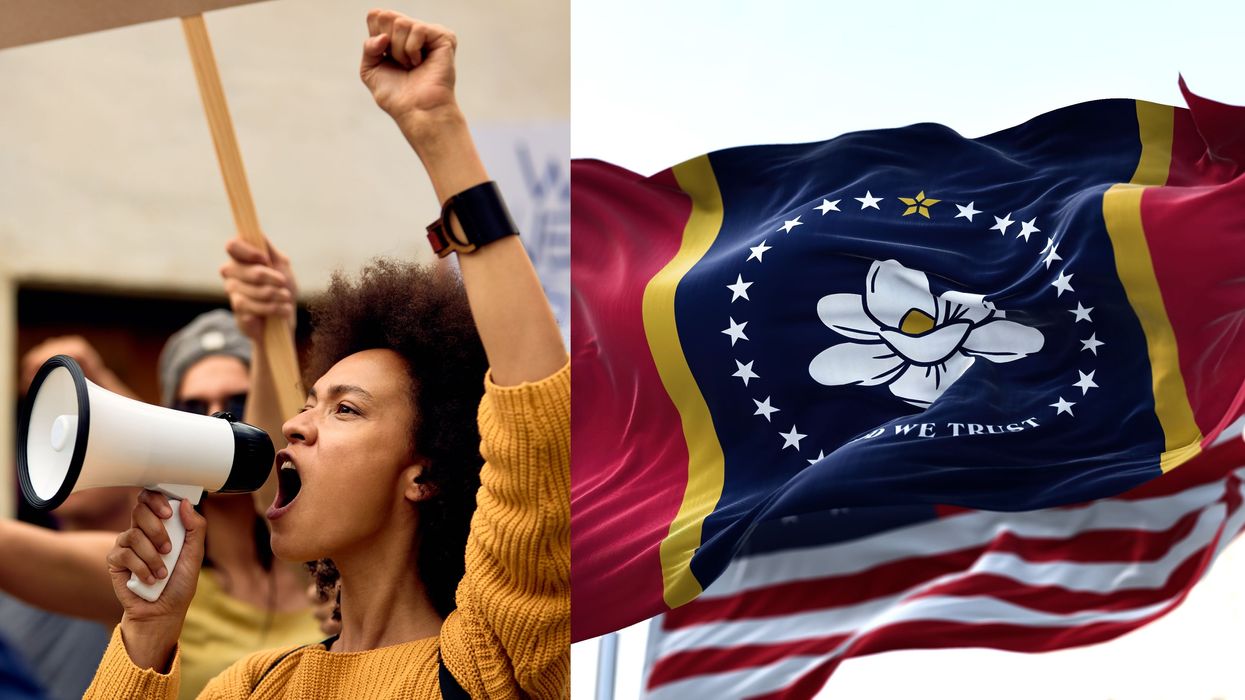The residents of Jackson, Mississippi were handed a small victory on Friday in their ongoing battle against the State Legislature.
In April, Mississippi Governor Tate Reeves signed a bill that unduly removed elected judges from their positions in Jackson while creating a state-run police force and court system for the capitol. The move stripped power from the majority-Black and Democratic-controlled city, and put it into the hands of the state's mostly white and Republican legislature.
The legislation created a temporary court system to be run by state-appointed judges and prosecutors, who take on cases brought to them by the city's Capitol Police. The force is not beholden to local policies, which ban choke-holds and mandate de-escalation training, and it does not equip its officers with body cameras.
Jackson is 83 percent Black, and its city council is also majority-Black. They currently have a Black governor, and all four elected judges in the city's district of Hinds County are Black.
On Friday, the State Supreme Court ruled that the State Legislature has no authority to add the state-appointed judges to the locally elected Circuit Court, but that it retained the power to set up a separate court system in Jackson, as well as a separate police force.
NAACP sues Mississippi

Cliff Johnson, director of the MacArthur Justice Center at the University of Mississippi, argued the case before the State Supreme Court. He told the New York Times after the ruling that the decision could at least prevent the Legislature from placing judges in other predominantly-Black cities, and that it also restored some control to “an 83 percent Black city that has four Black circuit judges elected by local folks.”
“The fact that they were able to beat this back and get a victory in the context of this effort to control Jackson means an awful lot,” he said.
Activists continue to challenge the state police force and court system in separate lawsuits. The NAACP filed a suit against Reeves and his administration in the Spring for targeting the city by effectively stripping citizens of their voting power. The filing claimed that the laws “radically and unconstitutionally circumscribe the ability of Jackson’s singled-out, majority-Black residents to live as full citizens with full rights in their own city."
"In violation of the Fourteenth Amendment, these laws target Jackson’s majority-Black residents on the basis of race for a separate and unequal policing structure and criminal justice system to which no other residents of the State are subjected," the lawsuit stated.



















































